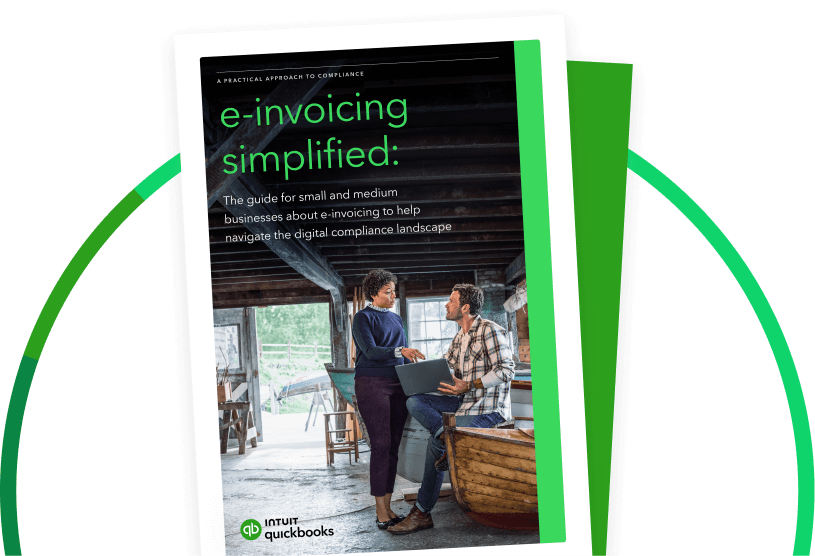What is e-invoicing?
E-invoicing, or electronic invoicing, involves the digital exchange of invoice documents between suppliers and buyers. This modern approach to invoicing replaces traditional, paper-based methods, which are often prone to errors and delays.
By automating the invoicing process, businesses can speed up transaction processing times while minimising the risk of human error. This automation not only enhances cash flow cycles but also contributes to a stronger accounting system.
Moreover, electronically processed invoices undergo automated checks, validations, and approvals, reducing human intervention and the potential for fraud. Machine-readable e-invoicing further enables businesses to implement stricter controls over their invoicing processes, ensuring compliance with regulatory requirements and accurate reporting.
With more reliable and accessible data about their invoices, businesses are better positioned to make strategic decisions that drive growth and operational efficiency.













